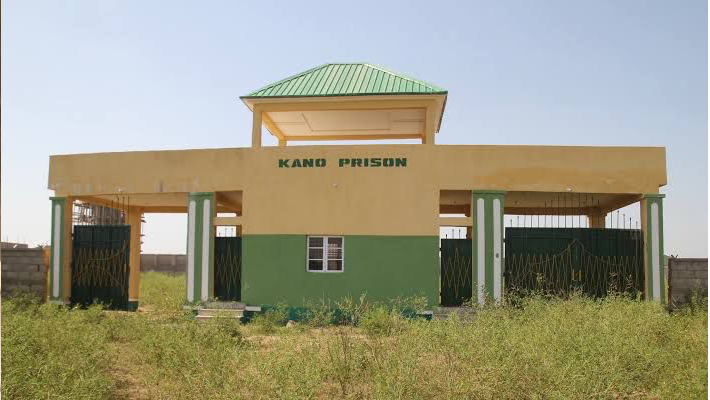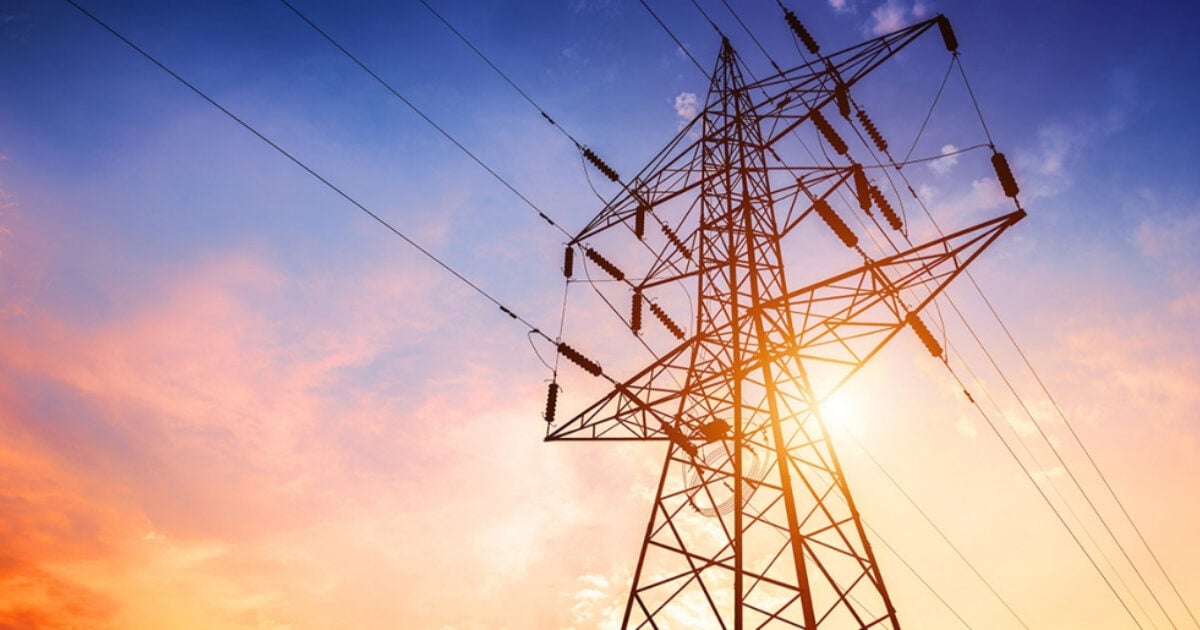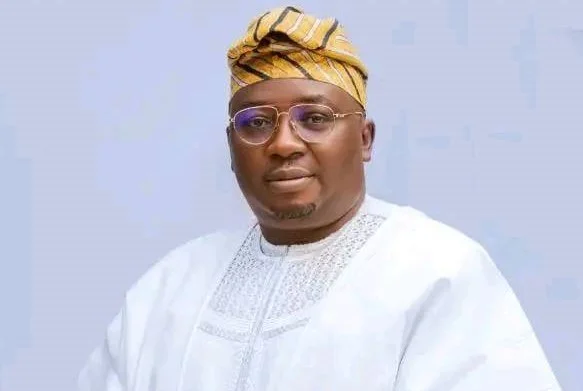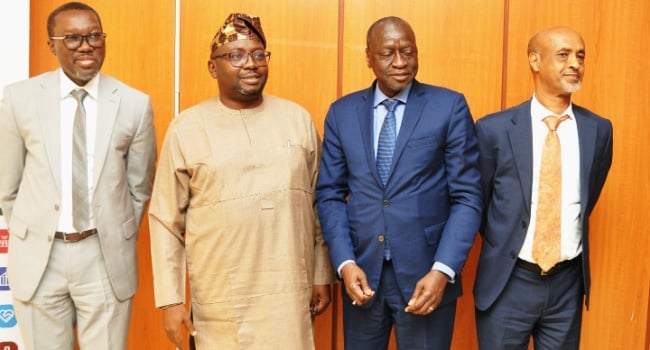FG Plans for Electricity Debt and Subsidy
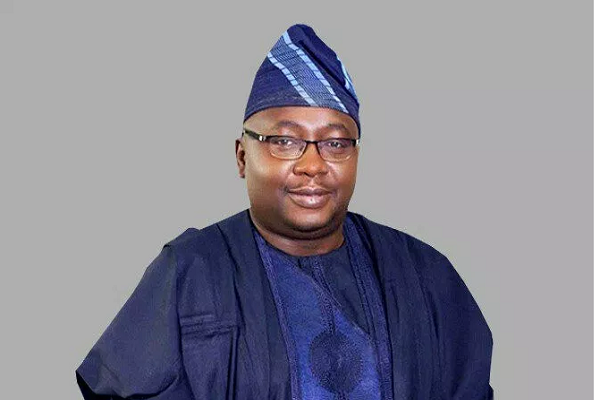
The Nigerian federal government is grappling with a significant financial burden stemming from debts owed to power utility companies, primarily Generation Companies (GenCos) and Distribution Companies (DisCos). Minister of Power, Adebayo Adelabu, has brought the issue to the forefront, emphasizing the urgent need for a revised electricity subsidy model to alleviate the strain on government resources and prevent potential sector collapse.
The core problem lies in the accumulation of subsidy payments, which have ballooned to approximately N4 trillion. These debts are largely attributed to the government's irregular subsidy payments, creating a precarious financial situation for the utility companies. Adelabu highlighted the unsustainable nature of the current subsidy system, noting that it disproportionately benefits high-energy consumers while leaving the poor underserved. He advocated for a targeted subsidy approach that prioritizes low-income households.
During the 6th edition of the 2025 Ministering Briefing, Adelabu articulated the government's commitment to addressing the debt crisis. He revealed plans to pay a substantial portion of the outstanding debt, with approximately N2 trillion earmarked for disbursement by the end of the year through a combination of cash payments and bank guarantees. This intervention aims to provide immediate financial relief to the GenCos and prevent potential disruptions in electricity supply.
The minister cautioned that failure to address the debt issue could lead to severe consequences, potentially plunging the nation into darkness. He stressed the importance of clearing the N4 trillion debt to ensure the continued operation and viability of the power sector. The GenCos, facing severe financial constraints due to receiving less than 40% of their invoices, had earlier threatened to shut down electricity supply, underscoring the urgency of the situation.
Beyond the immediate debt crisis, Adelabu pointed to fundamental flaws in the privatization of Electricity Distribution Companies (DisCos) in 2013. He argued that these companies have largely failed to make adequate investments in infrastructure, instead focusing on extracting profits without contributing to the sector's long-term development. He said, “On the issue of investments, our power operators are not investing. We made that mistake in 2013, when we did the privatisation. All the Distribution Companies have not injected enough into the sector. They are only milking these companies, so we must do a lot of investment. Governments cannot do it alone. So, we need a lot of investment. These are the challenges that we are working around.”
To address the structural issues plaguing the power grid, the government is actively pursuing the regionalization of the national grid through the establishment of electricity super grids. These regional grids, such as the eastern and western super grids, aim to enhance grid stability and reduce the impact of localized disruptions on the overall power supply. Adelabu expressed optimism that these projects would progress favorably following the Easter break.
The government has set an ambitious target to increase grid capacity to 8,000 megawatts by 2027. Achieving this goal requires addressing the liquidity issues in the power sector and implementing a comprehensive tariff review. Adelabu emphasized that it is no longer sustainable for the government to bear 70% of energy costs and hinted at an imminent tariff adjustment to reflect the true cost of electricity generation and supply. He noted that much of the debts were accumulated from subsidy costs, and it is no longer sustainable to keep at it.
According to Adelabu, before the recent tariff adjustments, about 85% of customers were paying around N60 per kilowatt-hour, while the actual cost of supplying power was about N170, with the government covering the difference as subsidies. With the tariff increase for customers on Band A, the electricity subsidies were reduced by 35%, with an additional N700 billion raised in revenue in 2024. The Minister noted that even though Nigerians were not happy with the last tariff review, it was the only way to protect the viability of the power sector, as investors are not keen to invest in a sector where they are stopped from charging cost-reflective tariffs.
The government is also keen to restructure the current subsidy system, shifting from benefiting high-consumption households to targeting low-consumption users, particularly poor households. Adelabu assured that the government would maintain strong oversight and penalize any Disco that fails to provide 20 hours of electricity daily to customers on Band A feeders. The Minister reiterated that financial viability could coexist with service delivery in the power sector.
In summary, the Nigerian government is actively engaged in addressing the multifaceted challenges in the power sector, focusing on debt resolution, tariff adjustments, infrastructure investments, and grid regionalization. These efforts aim to create a more sustainable, efficient, and equitable electricity supply system for all Nigerians.






